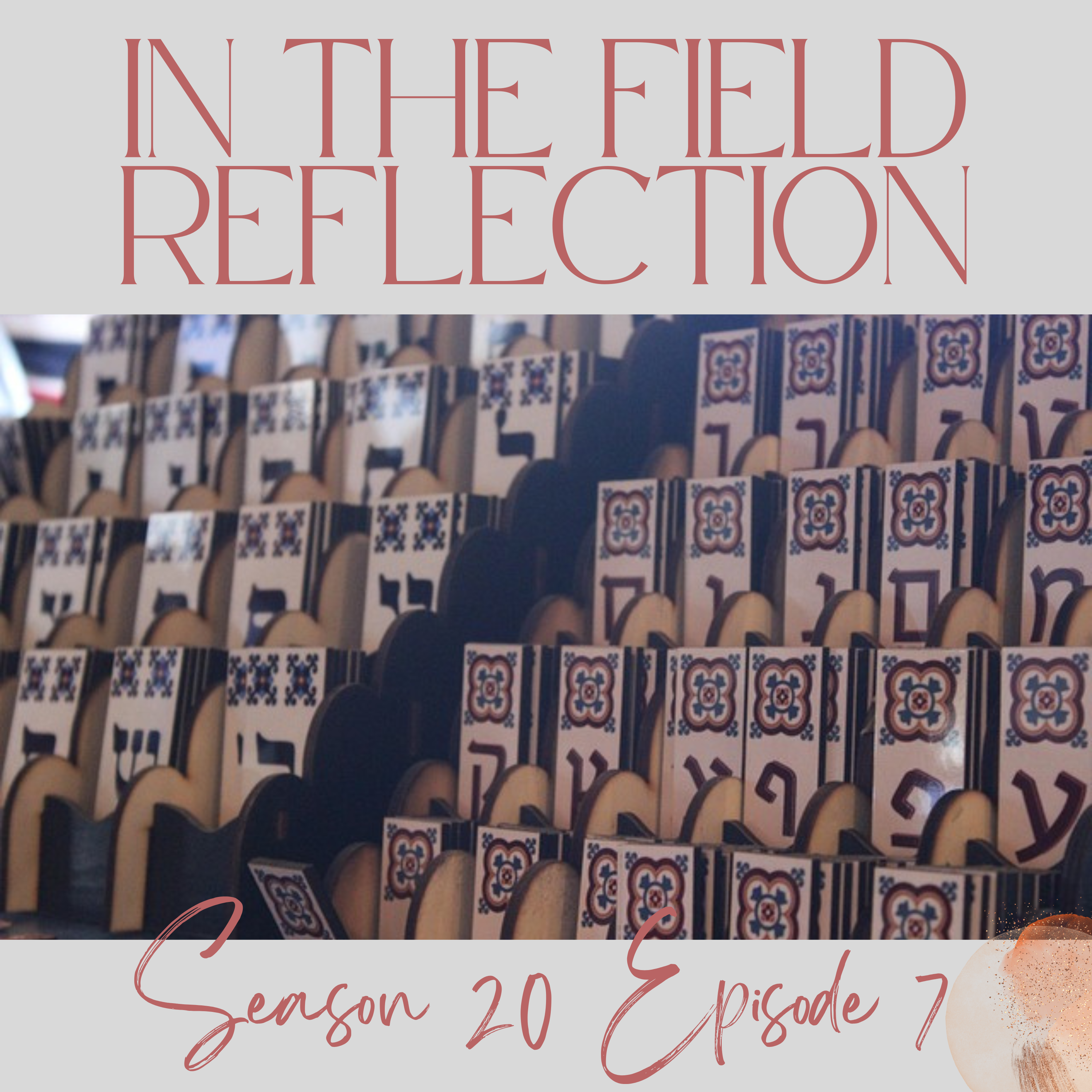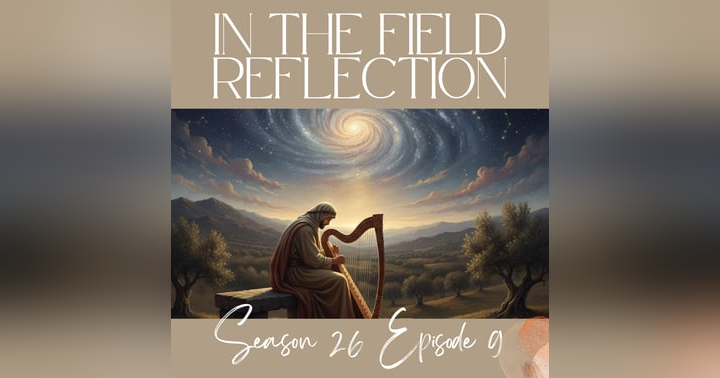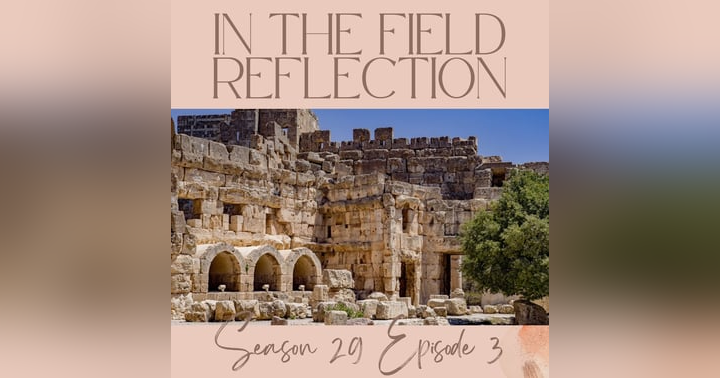Rising from Ruins: How God's Mercy Transforms Our Darkest Moments

The path into Micah 7 begins with dust on the feet and grief in the heart. The prophet scans the hills of Judah and finds a harvest with no fruit, a society hollowed by power, bribery, and betrayal. The picture is painfully familiar: institutions bent, relationships frayed, speech guarded even at home. Yet the text does more than diagnose decay; it invites us to inhabit it honestly. The language slows us down—briars and thorn hedges, nets for neighbors, judges who price justice—so we feel the sting before we rush to relief. This is not despair for despair's sake; it is moral clarity. Real change starts where excuses stop, and Micah refuses to look away. He names the ache so the hearer can finally name their own: the corners we cut, the truth we shaded, the trust we spent. In a culture that prizes instant absolution, the passage insists that recognition is a spiritual discipline. We learn to sit in the dark long enough to know it is dark, and that is the beginning of wisdom—the very place where God's mercy transforms honest grief into the ground for hope.
But Micah does not leave us there. In one of Scripture’s most bracing pivots, a single voice rises: “But as for me, I will watch for the Lord.” The power of that line is not bravado; it is agency regained. When trust fails and systems wobble, you still have a choice: you can watch. Watching here is not passive; it is a posture that expects God to act without dictating His timeline. This is active faith, a steady attention that refuses cynicism. It says: I will stand at the window of promise even when the street is empty. It holds together two truths many of us try to pry apart: judgment is real, and mercy is God’s delight. Micah acknowledges guilt—“I have sinned”—and then stakes his future on God’s character—“He will bring me into the light.” That pairing matters for spiritual health. Cheap hope dodges repentance; rigid shame distrusts grace. The prophet dismantles both: consequences come, but consequences do not get the last word.
The reading of the chapter presses this further. Nations tremble, walls stretch, and exiles return, but the center is God’s nature. “Who is a God like you, pardoning iniquity?” Search the line closely: the question is rhetorical and experiential. Micah has waded through failure and now finds a God who does not warehouse grievances. The verb choices are muscular: pardons, passes over, treads underfoot, casts into the sea. These are not polite metaphors; they are decisive actions. Sin is not archived; it is hurled beyond retrieval. That image does two things for the soul. First, it disarms the inner prosecutor that keeps re-trying forgiven cases. Second, it undercuts the inner rebel that shrugs at harm. If God must cast sin away, sin is heavy. If He delights to do it, mercy is heavier still. The gospel cadence in Micah’s words—judgment acknowledged, compassion promised—teaches us how to breathe when we have failed and how to stand when we have been failed.
Micah then turns to practice: acknowledge, wait, remember. Acknowledge means we tell the truth without varnish. We resist the temptation to be the victim in every story or the hero in every memory. Spiritual growth always begins with accurate self-appraisal. Wait means we keep doing the next faithful thing: tell the truth, refuse the bribe, return the call, pray the psalm. This is patient endurance with eyes open, not resignation with shoulders slumped. Remember means we rehearse God’s character when circumstances are loud. We speak back to the dark: He pardons; He delights in mercy; He keeps promises to Abraham and Jacob; He brings light after night. Memory becomes resilience. Over time, patterns form—confession, expectation, remembrance—and together they build a life sturdy enough to weather slow answers.
Still, there is the ache of delay. Micah does not flatter us with easy timelines. He speaks of exile, of seventy years, of walls rebuilt only after rubble. This is where many hearts break, expecting immediate mending. The prophet invites us to a different kind of hope: not a clock-driven optimism but a covenant-driven trust. God works on scales hidden to hurried eyes. He is not merely solving today’s crisis; He is shaping a people who can carry tomorrow’s mercy. That means some prayers ripen over seasons. Some restorations require the ground to rest. Some reconciliations need the slow courage of small daily choices. Yet cumulative faithfulness is never wasted. As we watch, our loves are re-ordered. As we wait, our desires thin to what truly matters. As we remember, our fears begin to loosen their grip.
Personal resolve anchors the closing movement: “As for me.” It is a brave sentence in a crowd. You cannot control outcomes or others, but you can choose integrity when systems are crooked, compassion when tempers flare, truth when lies travel faster. This is not heroic isolation; it is covenantal fidelity. Being faithful may feel lonely, but Micah adds a final promise: “My God will hear me.” That line runs like a quiet river under all our noise. To be he



